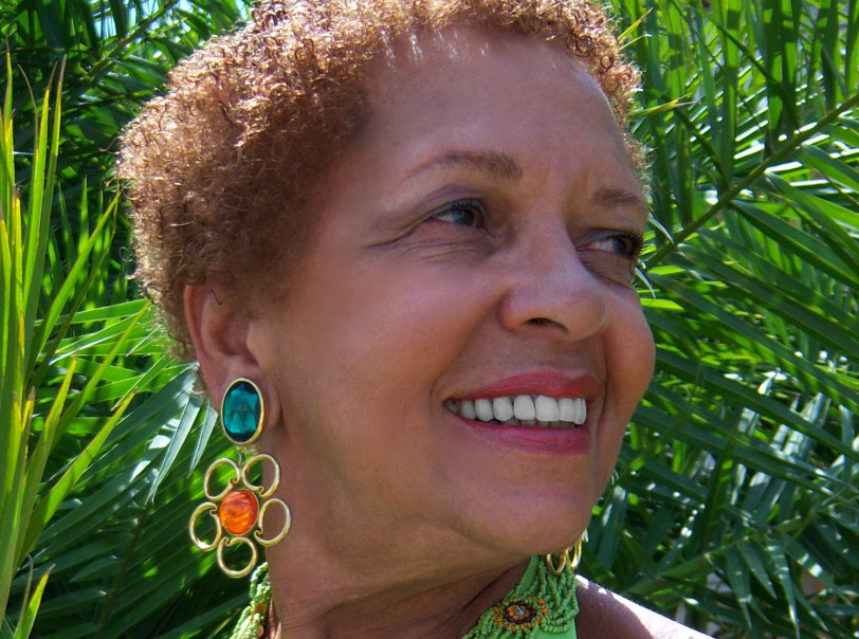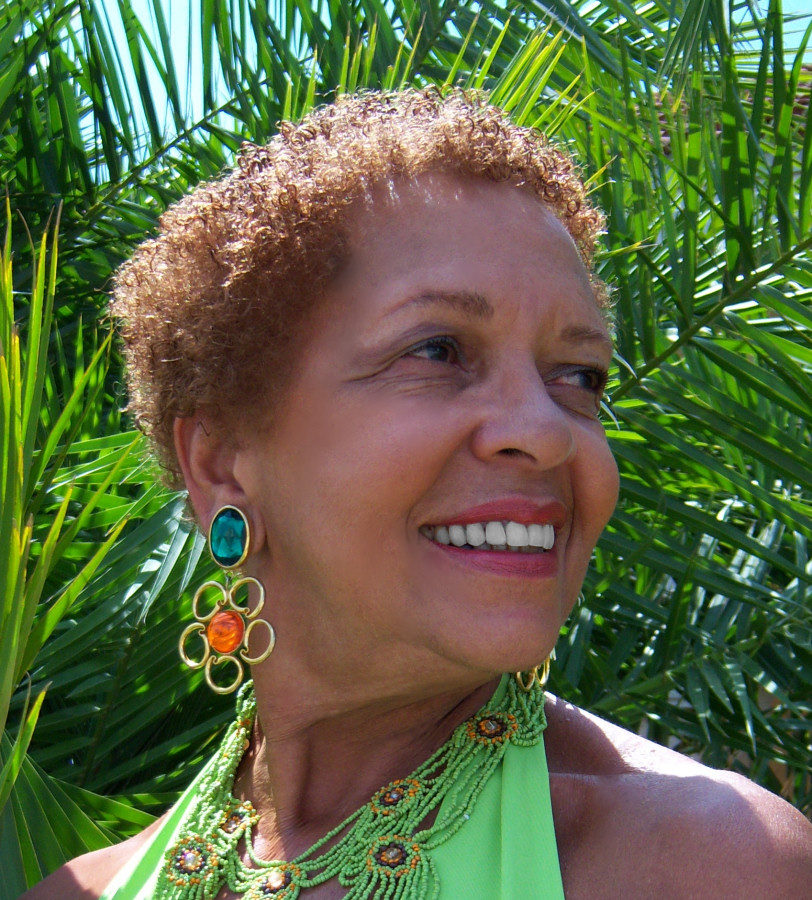Thoughts on Race – September 2020

I used to equate racism and prejudice. Prejudiced people were those who wanted to deliberately deny my rights because of the color of my skin. They prohibited me from buying a home in White neighborhoods. They actively excluded me from certain jobs, especially in the private sector. They told me I couldn’t go to elite colleges. These were people who purposefully tried to hold me back, and in my judgment, they were prejudiced and racist.
The term racism has evolved during my lifetime to include a broader range of subtleties.
I have White friends who welcome me in their neighborhoods, invite me as a guest in their country clubs, applaud my level of education, include me in their social gatherings, have even had me officiate at their family weddings. They have rallied with their support during times of illness. These friends would and have turned heaven and earth for me. By no stretch of the imagination are they deliberately prejudiced and I would not label them racist.
But at a more subtle level, their life view is race-based.
Their perspective on life is measured by their whiteness, and the comfort and superiority that they take for granted. White is the standard by which they measure the nation’s population. With the exception of curling their hair, tanning their skin, or dancing to r&b, these folks would not aspire to take on the characteristics of red, black or brown. White is the standard to which they aspire: the standard by which they judge the rest of the world.
And they succeeded in passing this standard on to many of us Black folk. A large number of our parents and grandparents caught onto this quickly. They believed in the American dream and passed it on to us. We acculturated ourselves to the speech patterns, hairstyles, and dress codes of the majority population. We were admonished not to “talk colored” or to “act ghetto.” And yes, we found success, and many of us achieved the American dream, although not always at the level of Whites of equal education and training.
Many White people of good will have unwittingly participated in a racist system and reap the benefits without willfully committing racist acts. In a sense, they have become racists by default, because of the systemic racism that has shielded them from ever having to think about their whiteness as a source of inconvenience.
The comfort of being White in America is taken for granted.
If you are White and reading my blog, I assume you are a person of good will. I invite you to engage in a bit of introspection. Imagine a magic wand were waved over you today, would you welcome the opportunity to relinquish your white skin and spend the rest of your life as a Black person?
If your answer is no, think of the reasons. Then reflect on what societal norms you, yourself, may unwittingly be supporting that would make your life in a black skin so unthinkable.

Author of You Can Go Home Again





Thank you! This was eloquently accurate and timely.
Thank you, Shnai, for your words of support.
Thank you, Amy, for adding necessary details to our discussion of racism and prejudice. I was raised in the 60s and early 70s. I grew up in Pittsburgh’s Squirrel Hill, a largely Jewish neighborhood, 1.1 miles from the Tree of Life Synagogue where an unspeakable act of anti-Semitism occurred. We had five Blacks among a graduating class of 600. We interacted positively: I don’t recall any racial incidents. Taking a broader view, my impression of Latinos (now Latinx) was honed through: (a) racist cartoons (Speedy Gonzalez); (b) songs (racist “Speedy Gonzalez” by Pat Boone) and (c) racist advertising characters (The Frito Bandido). Fortunately, I worked with Latinos, Asian Americans, and Blacks when I served in the Air Force. Many years ago I read: “You never know the true nature of a person until you have worked with him/her.” I was fortunate to be able to considerably broaden my narrow, Jewish-centric view of the world. I know I have much more to learn and look forward to Amy’s continuing dialog. Again, thank YOU, Amy!
Thank you, Bruce, for sharing insights from your life story.
Hi Amy, Thank you for writing your blog. In our little corner of the world here, you’ve given all of us a platform to learn from each other.
Does anyone else remember the incident with Geraldo Rivera and the white supremacist? What did the white supremacist say to Geraldo? He said: “Because you’re a ____, and you don’t matter.”
I’ll probably never forget that interview. That is obviously racist. It is also how I am able to understand the black lives matter movement.
Subtlety, the prejudice that lurks beneath me, as a white person, if I let it. I’m reminded of Howard Cosell, his comments about a black football player during a MNF broadcast. He called the player “a little monkey”. He knew it was a prejudiced thing to say. He said it, because of the acceptance (among white people, his white peers) of such subtleties in our white society.
https://www.washingtonpost.com/archive/sports/1983/09/07/come-on-howard-say-youre-sorry/fd0a69df-676c-462e-98f4-9930ef8fbab7/I posted that link, because I think there is something to learn from it. Am I Howard Cosell too? I would like to think that I’ve made it beyond that. I can only keep seeking the wisdom to help me to understand, rather than be understood.
One of my best friendships is with a black guy, because we can talk openly and honestly about race relations, rectifying the past and moving forward, the inherent prejudices in life, or our society. There have been times, in public, where we overheard the kind of things that Howard Cosell said. As a white person, I feel horrible. As a black person, he feels horrible and offended. I don’t feel offended, I feel that it’s offensive. He is left with that feeling that his life doesn’t matter. That, he doesn’t matter.
The subtleness
Thank you, Robert, for taking the time for your thoughtful, in-depth commentary.
Nice job Amy. A little more every month do I realize that some of the basic building blocks of my life existed for me because they didn’t exist for someone else.
Thank you, Larry. Wisely stated.
Amy, we so need your voice!
I’ve just begun to read and work with the exercises in Rachmaa Menakem’s book “My Grandmother’s Hands” and realize how deep we must be willing to go to get to the bottom of our individual and national troubles with race. Your question here is in that spirit. Thank you.
Thank you, Barb, for your encouraging words.
WOW. Heavy duty, Ms. Amy. Very heavy duty! The subtly is really helpful for those seeking understanding and to help the rest of us support our White friends with another perspective. Nice work.
Thank you, Patricia. I’m glad you see it as promoting understanding.